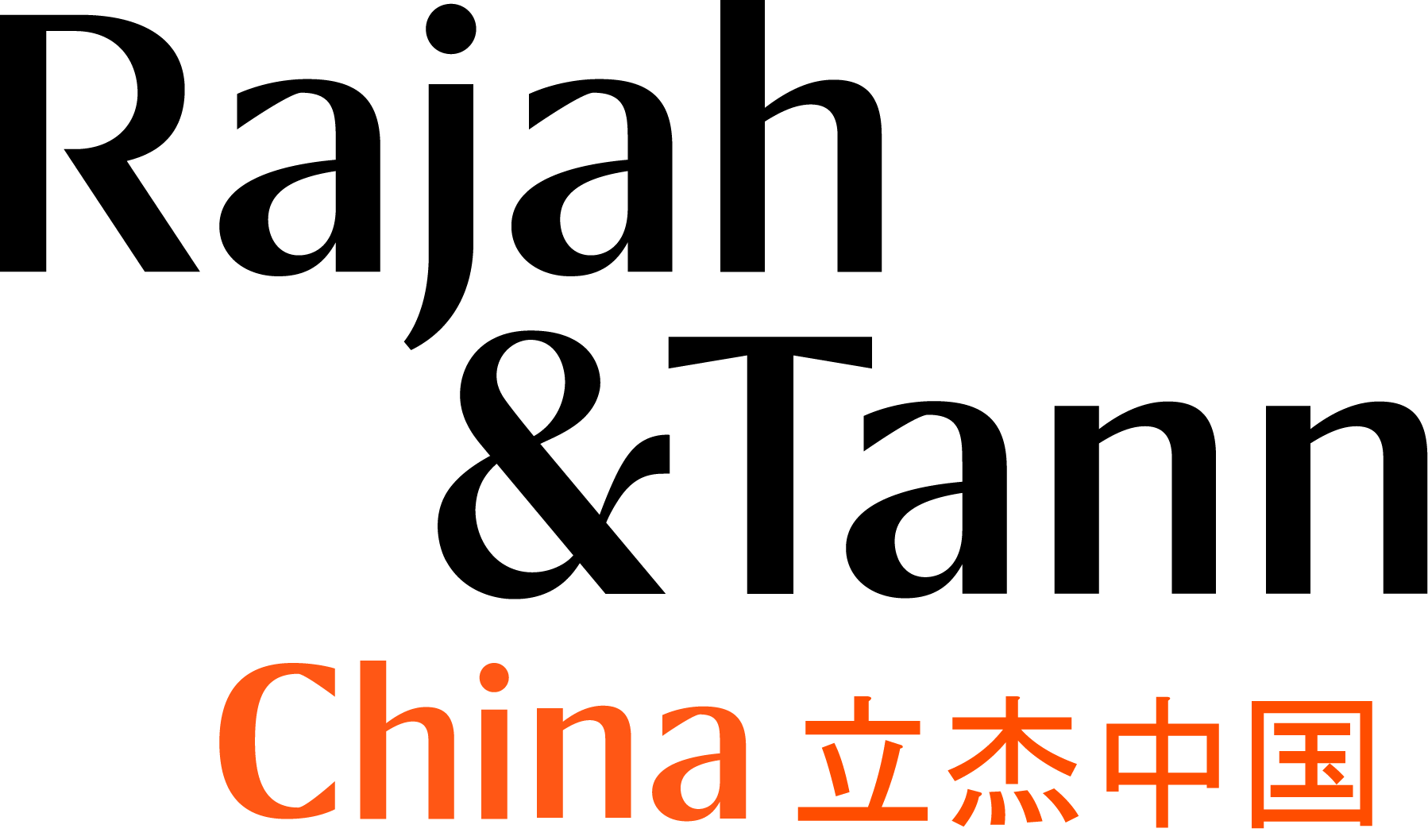序言
在法律诉讼过程中,法院会要求披露所有相关文件。然而,享有法律专业保密权的文件受到保护,可不披露。这包括法律咨询保密权(涵盖寻求或接受法律咨询的通讯)和诉讼保密权(保护以诉讼为主要目的的通讯)。
主张法律专业保密权需要把握披露的界限。披露过少,法院可能没有足够的信息来确立保密权;披露过多,则可能面临放弃这种保密权的风险。这对于涉及潜在或现有纠纷的组织和内部法律顾问尤其重要,因为内部通信(包括抄送内部法律顾问的通信)和外部通信(包括与法律顾问的通信)通常包含可能影响纠纷结果的关键信息。
在涉及股份实益所有权纠纷的Wesley Widjaja诉Ng Wei San(别名Oei Wei San,别名Wilson Hasan Widjaja)等人[2025] SGHCR 32案中,新加坡高等法庭收到原告要求被告提交股份转让通信的申请。被告以该通信受诉讼保密权保护为由,试图拒绝提交。但法院认定该保密权未能确立,下令提交相关文件。
成功代表原告的是新加坡立杰律师事务所的Foo Xian Fong律师和Jodi Siah律师。
法庭在判决过程中就法律专业保密权提供了指引,包括主张保密权的程序要求以及支持保密权主张的宣誓书的充分性。法庭强调,仅仅主张保密权是不够的,仅仅将相关通信抄送给律师也是不够的。
本动态重点介绍了法庭判决的关键要素,并提供了在主张法律专业保密权时如何把握披露门槛的指引。
简要事实
案件涉及已故遗嘱人实益拥有的一家公司(简称“公司”)股份的家族继承纠纷。被告包括公司董事总经理Wilson以及公司董事兼股东Kelvin和Jethro。原告和Wilson均为遗产受益人,Wilson为遗嘱执行人。
原告对Wilson提起诉讼,称Kelvin和Jethro系以信托形式为遗嘱人持有公司股份,Wilson本应将这些股份纳入遗产。
Wilson辩称,根据一份和解协议,他享有公司股份的实益所有权。
诉讼开始几个月后,Kelvin和Jethro将公司股份转让给了一家信托公司(简称“Crawford信托”)。
原告随后又追加诉讼,称Kelvin和Jethro违反信托、违反受托责任和提供不诚实协助,并称Crawford信托在明知不当的情况下收受股份。
Kelvin 和 Jethro 的辩护理由是,他们只是遵循 Wilson 的指示转让股份,纯粹扮演了协助角色。
原告要求 Wilson、Kelvin 和 Jethro 提交文件,包括他们关于公司股份及其转让给 Crawford信托的所有通信。被告辩称,这些通信受到诉讼保密权的保护,其主要论点是所有通信均抄送了他们的律师。
因此,法庭必须确定:
- 当事人需要采取哪些行动才能主张法律专业保密权;
- 被告是否成功确立了这些文件受到诉讼保密权的保护;及
- 如果这些文件受到保密权保护,被告是否放弃了其保密权。
高庭的裁定
法庭认定被告未能充分确立保密权主张,命令被告提交争议文件。
一般原则
法庭规定了一方当事人以保密权为由拒绝提交文件适用的原则:
- 主张保密权的一方应在其答辩状中声明其以此为由拒绝提交文件,并指明相关的保密权类别。
- 主张保密权的一方负有举证责任,至少在表面上证明争议文件具备享有保密权的先决条件。
- 为履行此举证责任,主张保密权的一方必须提供充分的事实和证据,以支持其主张,即相关保密权类别的先决条件已得到满足 – 至少在表面上证明,而无需披露所称享有保密权的材料本身。仅在宣誓书中主张保密权是不够的。
- 如果主张保密权的一方成功履行了这一举证责任,则举证责任转移到寻求对方提交文件的一方,以提供材料来反驳这一表面证据。
申请
基于事实,法院裁定,被告未能履行其举证责任,证明争议文件享有保密权。重要的是,被告的宣誓书仅包含纯粹的主张,并未提供足够的事实依据来确立诉讼保密权。
诉讼保密权要求受保护的通讯必须以诉讼为主要目的。虽然本案争议文件包括Wilson、Kelvin 和Jethro之间关于公司股份及其转让给Crawford 信托的通信(原告请求的标的),但这并不意味着所有关于股份的通信都自动以诉讼为主要目的。
被告辩称,争议通信都抄送了他们的律师,这应该会对分析产生影响。然而,法庭认为,通信抄送律师这一事实本身并不能证明通信以诉讼为主要目的。
放弃
即使争议文件享有诉讼保密权,法庭也表示倾向于认定被告已通过在其证据和答辩中提及有关指示和通信,默示放弃了该保密权。尤其是,Kelvin 和 Jethro 在其宣誓书中陈述,Wilson 曾指示他们签署董事会决议以转让公司股份,这与他们辩称自己只是遵循 Wilson 的指示转让股份的辩护理由相关。
然而,法庭无需对此进行裁定,因为诉讼保密权本身并未确立。
结语
法庭的裁定体现了其对法律专业保密权主张的处理方式,包括当事人确立保密权所需满足的条件。
鉴于这种微妙的平衡,诉讼当事人 – 尤其是企业和内部法律顾问 – 需要考虑以下关于法律专业保密权主张的建议。
- 提供充分的细节:在主张保密权时,宣誓书应包含足够的细节,以确立主张的事实依据(例如,所涉及的人员、背景、通讯的目的)。
- 避免纯粹的主张:不要依赖一般性或结论性的陈述。相反,应提供有理有据的解释,说明文件的性质及其与法律咨询或诉讼的联系。
- 不要披露享有保密权的材料的实质内容:在提供细节时,避免透露享有保密权的通讯或文件的实际内容。宣誓书应描述背景和目的,而不是实质内容。
- 保持一致:避免前后矛盾的行为,这些行为可能被理解为放弃保密权,例如,先无条件同意提交材料,随后又主张保密权。
- 了解放弃保密权的门槛:放弃保密权需要明确、自愿且知情地选择不主张保密权。如果有与维护保密权不一致的行为,尤其是在为了推进案件而将享有保密权的材料提交法院的情况下,可能会构成默示放弃保密权。
如有任何疑问,请联系本页列出的本所团队成员。
Disclaimer
Rajah & Tann Asia is a network of member firms with local legal practices in Cambodia, Indonesia, Lao PDR, Malaysia, Myanmar, the Philippines, Singapore, Thailand and Vietnam. Our Asian network also includes our regional office in China as well as regional desks focused on Brunei, Japan and South Asia. Member firms are independently constituted and regulated in accordance with relevant local requirements.
The contents of this publication are owned by Rajah & Tann Asia together with each of its member firms and are subject to all relevant protection (including but not limited to copyright protection) under the laws of each of the countries where the member firm operates and, through international treaties, other countries. No part of this publication may be reproduced, licensed, sold, published, transmitted, modified, adapted, publicly displayed, broadcast (including storage in any medium by electronic means whether or not transiently for any purpose save as permitted herein) without the prior written permission of Rajah & Tann Asia or its respective member firms.
Please note also that whilst the information in this publication is correct to the best of our knowledge and belief at the time of writing, it is only intended to provide a general guide to the subject matter and should not be treated as legal advice or a substitute for specific professional advice for any particular course of action as such information may not suit your specific business and operational requirements. You should seek legal advice for your specific situation. In addition, the information in this publication does not create any relationship, whether legally binding or otherwise. Rajah & Tann Asia and its member firms do not accept, and fully disclaim, responsibility for any loss or damage which may result from accessing or relying on the information in this publication.








